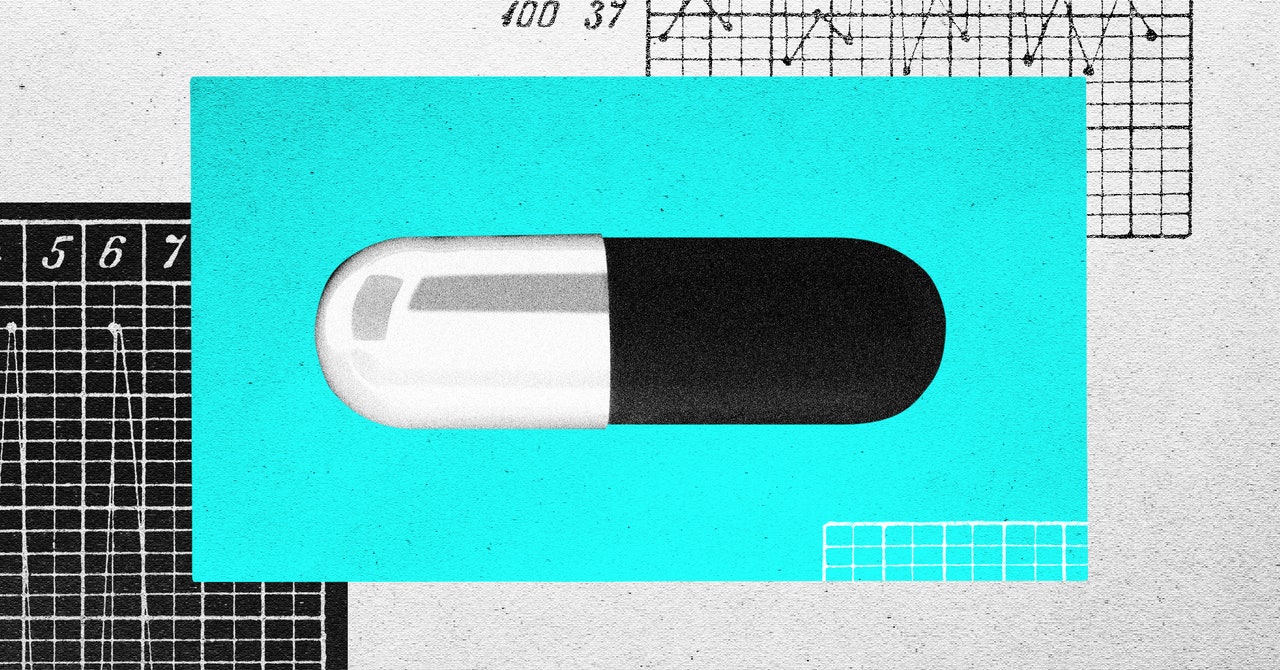Eli Lilly’s daily anti-obesity pill orforglipron appears to be as good at spurring weight loss and lowering blood sugar in diabetes patients as popular injectable GLP-1 drugs like Ozempic, according to new data from a Phase 3 trial. The results were announced today at the annual meeting of the American Diabetes Association and published in the New England Journal of Medicine.
Eli Lilly is the maker of the blockbuster GLP-1 drug tirzepatide, approved as Mounjaro for type 2 diabetes and Zepbound for chronic weight management and obstructive sleep apnea. Like Novo Nordisk’s Ozempic and Wegovy, both of Eli Lilly’s tirzepatide drugs are injected on a weekly basis. But some patients have a fear of needles or would prefer to take a pill out of convenience.
“What we see is that the efficacy, safety, and tolerability are really consistent with the very best injectable GLP-1s,” says Kenneth Custer, president of cariometabolic health at Eli Lilly, of the company’s experimental pill. “We think this is a big deal.” The company plans to seek regulatory approval for orforglipron for weight management by the end of this year and for the treatment of type 2 diabetes in 2026.
The 40-week trial tested three doses of orforglipron—3 milligrams, 12 milligrams, and 36 milligrams—against a placebo in 559 patients with type 2 diabetes. All three doses were effective at lowering blood sugar, while the middle and highest doses showed clinically meaningful and statistically significant reductions in body weight. The highest dose of orforglipron led to an average weight loss of 7.9 percent, or 16 pounds—comparable to the amount of weight loss seen over the same period in trials of semaglutide and tirzepatide. Eli Lilly is studying the pill in a longer study in people who are overweight or have obesity to see if the weight loss continues.
In the current trial, participants took the pill once a day with no food or water restrictions. Those who were randomly assigned to orforglipron started the study at a dose of 1 milligram a day and slowly increased the dose at four-week intervals. Current GLP-1 drugs are gradually stepped up in dose as well to minimize potential side effects.
Orforglipron showed similar gastrointestinal side effects as other GLP-1 drugs, with the most common being diarrhea, nausea, indigestion, and constipation. Between 4 and 8 percent of participants across the different dosing groups dropped out because of side effects, while 1 percent in the placebo group discontinued the study.
An oral version of semaglutide, sold under the brand name Rybelsus, has been on the market since 2019 but is not approved for weight management and isn’t as effective for weight loss as injectable GLP-1s. A pill specifically for obesity would give patients more treatment options and potentially make these drugs more accessible.
Pills are typically less expensive to manufacture, and they can be mass-produced more easily, making them less prone to shortage. (Injected GLP-1 drugs were in shortage until recently.) Pills can also be transported more readily. Current GLP-1 injector pens need to be shipped and stored in a refrigerator to maintain their potency. A GLP-1 pill wouldn’t need sophisticated cold-chain distribution and storage, meaning it could be sold in countries that don’t have that infrastructure.
“With orforglipron offering additional advantages such as the elimination of strict pre-dosing requirements, potential lower cost, and easier storage, it will be important to see whether these features lead to even greater adherence,” says Priya Jaisinghani, a diabetes and obesity medicine specialist at NYU Langone. “Like most chronic therapies, GLP-1s are most effective when used consistently, so a formulation that encourages long-term use could have a meaningful impact on patient outcomes.”








